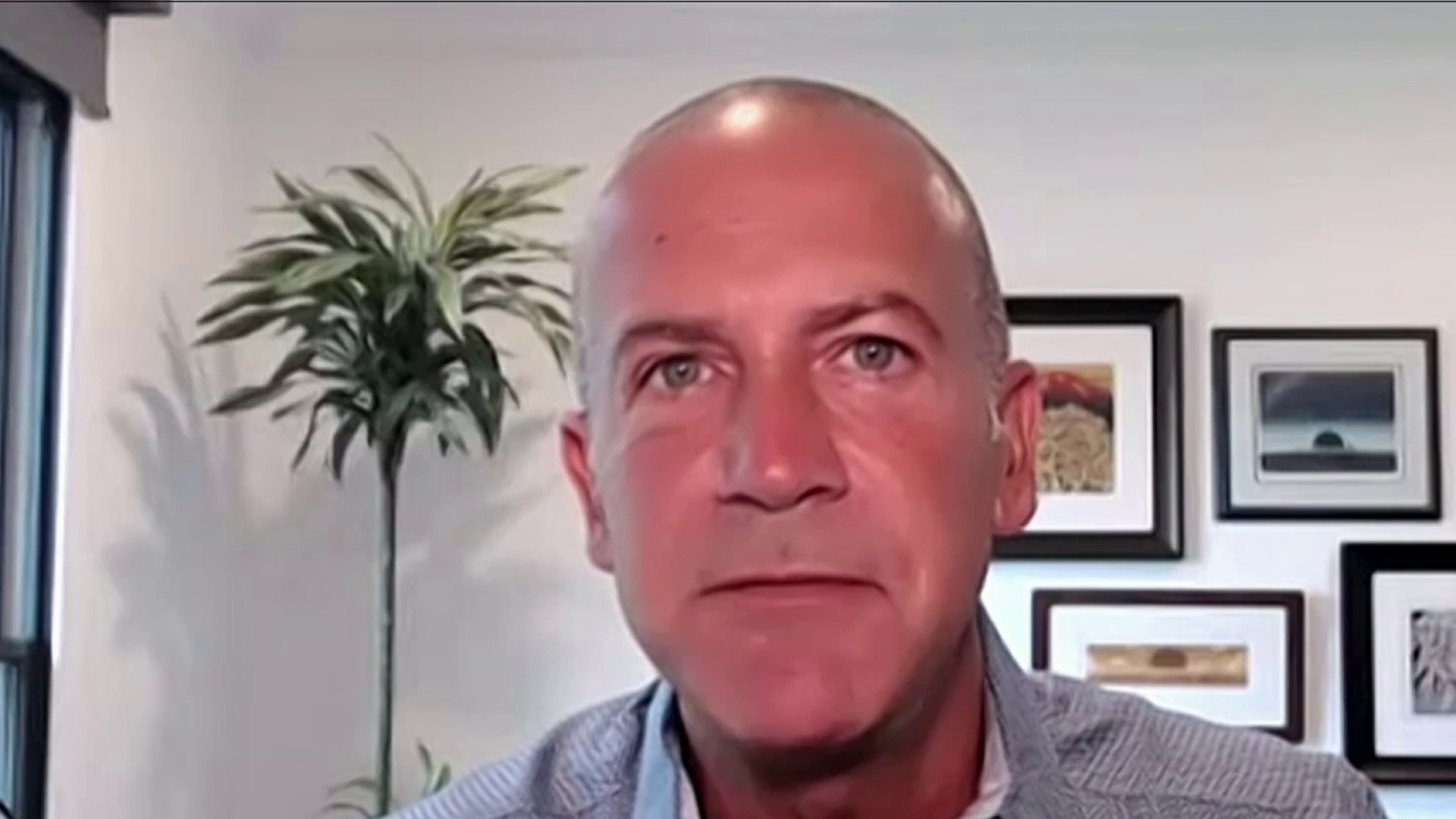As kids head back to school, some face significant anxiety.
Psychiatrist Dr. Joshua Weiner, who frequently speaks with NBC Washington about mental health, shares suggestions on how families can help students cope.
What are signs of high anxiety as kids return to school?
Some young people will speak up about being nervous that they won’t do well, that classmates will be mean or that a teacher will be nasty; others manifest anxiety in other forms. The most common ways kids show anxiety are headaches, stomachaches, diarrhea, saying they feel sick and having trouble sleeping, Weiner said. Anger and irritability also can be signs.
We're making it easier for you to find stories that matter with our new newsletter — The 4Front. Sign up here and get news that is important for you to your inbox.
How can I help a student deal with high anxiety?
“The one thing as a parent that you want to make sure you do is just listen. Don’t judge. Don’t try to tell your kid, ‘Oh, there’s nothing to be worried about. Millions of kids have done this. Don’t be such a baby.’ Obviously not a good way to handle it,” Weiner said.
“The best way to handle it is to listen and say, ‘Look, it’s scary when there are unknowns, but you’ve gotta face it, and I’m sure with some time, like anything you’re anxious about, the more you push through, you’ll get used to it,'" he said.
Behavioral techniques and medication can potentially help, Weiner said.
What are common reasons for students’ excessive anxiety as they return to school?
For preschool and elementary students, separation anxiety disorder can occur. Many kids aren’t worried about what could happen to them; rather, they’re worried about what could happen to their parents, Weiner said.
Parents can ask children what’s causing them to worry and potentially give them a “transitional object” such as a blanket, picture or “something that can make them feel more connected to you when they’re away from you,” Weiner said.
For middle school and high school students, social anxiety disorder can occur. Weiner said that for about half of the young people he treats for depression, social anxiety disorder is the underlying cause.
Walking through the halls between classes and social interactions at lunch can be major stressors.
“Lunchtime is probably the most stressful time of the day, trying to make conversation at the lunch table,” Weiner said.
What should I do if my child doesn’t want to go to school?
“If kids are refusing to go to school, you need to treat this as an emergency. This is not the time where you say, ‘OK, you can stay home for a few days,’” Weiner said.
He recommended reaching out to the school as soon as possible and talking with a guidance counselor.
Agreeing to keep a child home can cause larger problems, Weiner said. Students should be in school even for just a portion of the day, as they get more comfortable.
“At least you want to be making baby steps,” he said.



